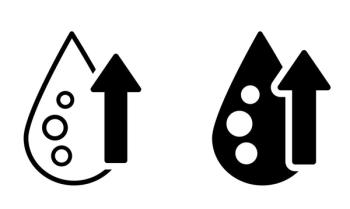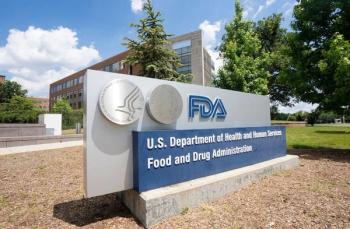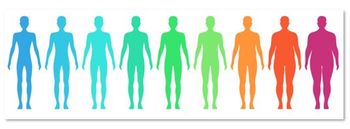
ESC: Investigative Niacin Combo Turns Down the Heat on Flushing
VIENNA -- Six months of an investigational niacin compound, compared with placebo, led to a significant drop in LDL, triglycerides, and total cholesterol, and a significant rise in HDL according to researchers here.
VIENNA, Sept. 4 -- Six months of an investigational niacin compound, compared with placebo, led to an expected significant drop in LDL, triglycerides, and total cholesterol -- plus a bonus, researchers said here.
And although those findings (P
His second concern was about the safety of manipulating prostaglandin receptors. "Keep in mind that prostaglandins are affected by NSAIDs and by Cox-inhibitors, so there is the potential for widespread biological effects that signal the need for caution," he said.
The lipid benefits "were what one would expect with niacin", Dr. Nissen said.
The safety data reported by Dr. Maccubbin and colleagues included a woman who had a spontaneous abortion while on the study drug (Merck said the woman became pregnant after enrollment), which Dr. Nissen said could be a concern, but he doubted it would derail the drug. He noted, for example, that pregnancy is a contraindication for any drug not specifically tested in pregnant women, which includes all statins.
Other reported toxicities were a case of angina triggered by extreme flushing, one gallstone, and one case of drug intolerance.
The trial randomized 800 patients to 24 weeks of the niacin-laropiprant combination and 543 to extended-release niacin, both at 1 gram titrated to 2 grams over two to six weeks, or to 270 placebo controls.
The mean age of patients was 57 in the placebo arm and 58 in the two active treatment arms.
Average baseline LDL ranged from 112.5 mg/dL to 114.2 mg/dL, HDL was 50.2 mg/dL to 51.9 mg/dL, triglycerides ranged from 130 to 123.5 mg/dL; and total cholesterol ranged from 192.3 mg/dL to 192.9 mg/dL.
There were no significant liver or muscle toxicities across the treatment groups.
Newsletter
Enhance your clinical practice with the Patient Care newsletter, offering the latest evidence-based guidelines, diagnostic insights, and treatment strategies for primary care physicians.

































































































































